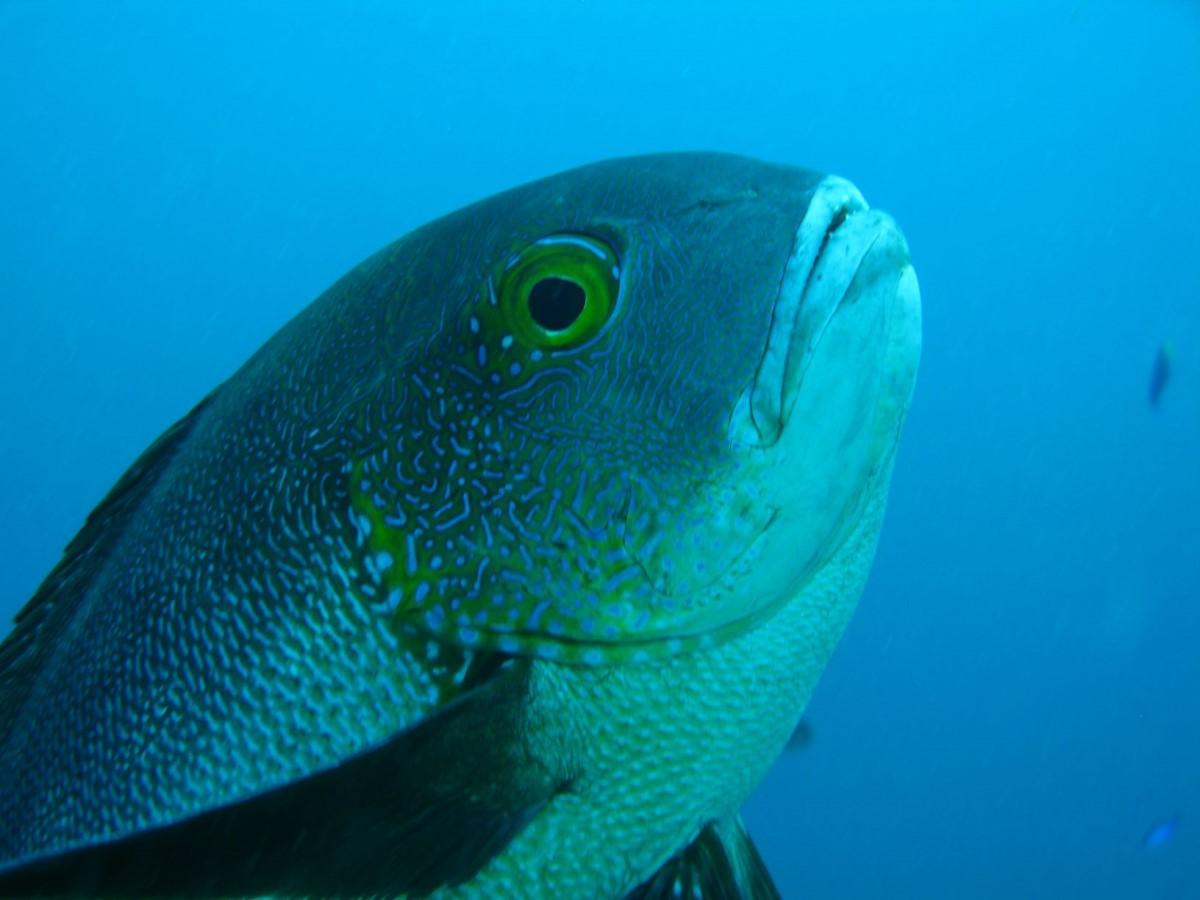The Independent's journalism is supported by our readers. When you purchase through links on our site, we may earn commission.
Scientists find 81-year-old snapper, the world’s oldest tropical reef fish
‘It saw the Beatles take over the world, and it was collected in a fisheries survey after Nirvana came and went. It’s just incredible,’ says marine biologist

Your support helps us to tell the story
From reproductive rights to climate change to Big Tech, The Independent is on the ground when the story is developing. Whether it's investigating the financials of Elon Musk's pro-Trump PAC or producing our latest documentary, 'The A Word', which shines a light on the American women fighting for reproductive rights, we know how important it is to parse out the facts from the messaging.
At such a critical moment in US history, we need reporters on the ground. Your donation allows us to keep sending journalists to speak to both sides of the story.
The Independent is trusted by Americans across the entire political spectrum. And unlike many other quality news outlets, we choose not to lock Americans out of our reporting and analysis with paywalls. We believe quality journalism should be available to everyone, paid for by those who can afford it.
Your support makes all the difference.When it was born, the Second World War was still years away, Franklin D Roosevelt was in the White House, and Elvis Presley was only a baby yet to sing a word.
An 81-year-old fish caught off the coast of Western Australia has been named by scientists as the oldest ever known to have lived in the world’s tropical reefs.
The midnight snapper was found in the Rowley Shoals, about 185 miles west of the town of Broome, in 2016 in a study that has changed researchers’ understanding of the lifespans of tropical fish.
Another fish, a 79-year-old red bass caught at the Rowley Shoals in 1997, also formed part of the study. Both were two decades older than the previous record holder.
“Until now, the oldest fish that we’ve found in shallow, tropical waters have been around 60 years old,” said Dr Brett Taylor, a fish biologist at the Australian Institute of Marine Science who led the study.
“We've identified two different species here that are becoming octogenarians, and probably older.”
The research – recently published in the journal Coral Reefs – focussed on four locations along the Western Australia coast, as well as the protected Chagos Archipelago in the central Indian Ocean.
It looked at three species that are not targeted by fishing in the region: the red bass (Lutjanus bohar), midnight snapper (Macolor macularis), and black and white snapper (Macolor niger).
The biologists identified 11 individual fish that were older than 60, using their ear bones – known as otoliths – to precisely determine their age. The bones contain annual growth bands that can be counted in a similar way to tree rings.
The record-breaking snapper is thought to have been born in 1935, while the elderly sea bass hatched during the First World War.
“It survived the Great Depression and the Second World War,” Dr Taylor said.
“It saw the Beatles take over the world, and it was collected in a fisheries survey after Nirvana came and went.”
“It’s just incredible for a fish to live on a coral reef for 80 years.”
Dr Taylor said the research would help marine biologists determine how climate change will affect fish growth and ageing.
“We’re observing fish at different latitudes – with varying water temperatures – to better understand how they might react when temperatures warm everywhere,” he added.

Join our commenting forum
Join thought-provoking conversations, follow other Independent readers and see their replies
Comments